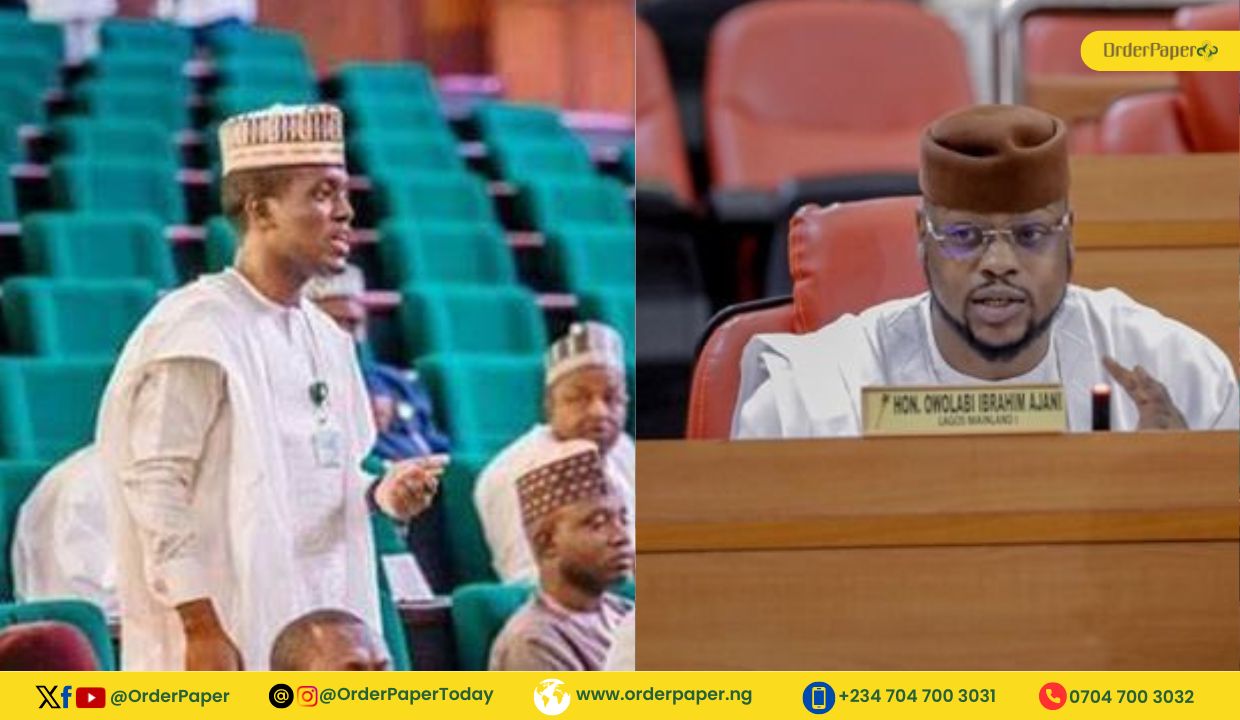
This week’s Gender Equality and Social Inclusion (GESI) discussion focus on under 40 lawmakers in Nigeria and the need for the inclusion of younger voices in governance.

In recent years, the discourse surrounding representation in governance has increasingly highlighted the importance of engaging diverse voices, particularly those of younger individuals. Lawmakers under 40 are a demographic rarity in many legislative bodies and a focal point for GESI discussions.
The importance of youth representation
Youth representation in governance is vital for several reasons. Young lawmakers often bring fresh perspectives and innovative ideas that reflect the concerns and priorities of their generation. These include issues such as climate change, technology, education reform, and social justice. By incorporating the viewpoints of younger representatives, legislative bodies can create more relevant and effective policies for the population.
Some under-40 legislators serving in Nigeria
- Ruqayat Motunrayo Shittu: 27-year-old Ruqayat is currently representing Owode/Onirin constituency of Kwara state House of Assembly. She is currently the youngest female legislator in Nigeria.
- Abdulrasheed Kashamu: 26 years old Abdulrasheed represents Ijebu North 1 in the Ogun State House of Assembly.
- Owolabi Ibrahim Ajani: This 37 years old legislator represents Lagos Mainland I in the Lagos House of Assembly
- Mansur Manu Soro: 37 years old Mansur is serving in the House of Representatives, representing Darazo/Ganjuwa constituency of Bauchi state.
- Sabur Oluwa: This 36 years old representative is representing the Ajeromi-Ifelodun constituency II at the Lagos State House of Assembly.
GESI implications of Under-40 legislators
The GESI framework emphasizes the need for equality across various sectors, including politics. The representation of lawmakers under 40 highlights the dual dimensions of this framework—age inclusivity and gender representation.
- Age inclusivity: The presence of younger lawmakers demonstrates that age should not be a barrier to leadership. Encouraging younger individuals to take on legislative roles can inspire political engagement among youth and foster a sense of ownership over democratic processes.
- Gender representation: Within the under-40 demographic, the gender ratio can significantly influence policy outcomes. Ensuring that women are represented alongside their male counterparts is critical for addressing gender-specific issues, such as reproductive rights, gender-based violence, and equality in the workforce. The intersection of youth and gender in political representation can lead to more comprehensive and inclusive policymaking.
Barriers to youth representation
Despite the imperative for youth and gender representation, structural barriers persist. These can include:
- Financial constraints: The cost of campaigning can deter young candidates, who may lack the financial backing that older, more established politicians possess.
- Political networks: Political networks often favor established individuals, making it difficult for newcomers to gain visibility and support.
- Discrimination: Youth, particularly young women, may face gender biases that question their competence and leadership abilities.
Strategies for Change
To promote the inclusion of under-40 lawmakers through a GESI lens, several strategies can be implemented:
- Mentorship programme: Established politicians can mentor young candidates, helping them navigate the political landscape.
- Campaign support: Resources should be allocated to support youth-led campaigns, particularly those focusing on women and marginalized communities.
- Policy reforms: Enacting policies, such as lower campaign finance requirements, can create a more level playing field for younger candidates. Even though we have the ‘Not-Too-Young-to-Run’ law to reduce the age for youth to be included in the political discourse, finances to purchase political forms to be included have been a challenge. This needs to be looked into to ensure youth inclusivity in governance
Conclusion
Incorporating under-40 lawmakers into governance is not just a matter of age diversity; it is a crucial step toward achieving a more equitable and inclusive political system. By understanding the GESI implications of youth representation, stakeholders can work towards dismantling barriers and fostering an environment where diverse voices contribute to shaping the future. As we move forward, embracing the perspectives of younger legislators will be essential for creating policies that resonate with the needs and aspirations of a rapidly changing society.



